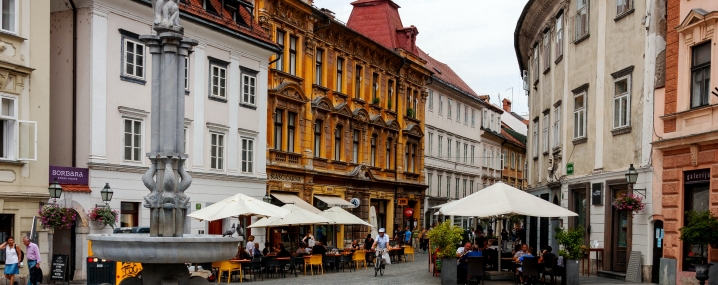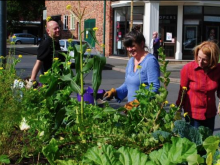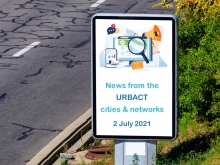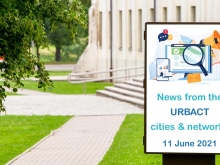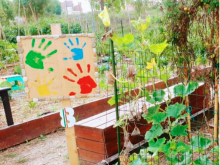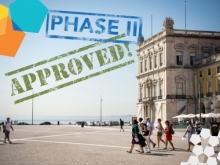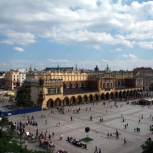
Krakow
One of Europe’s leading cultural and tourist destinations, Krakow is Poland’s second city, both in terms of population and area. Some 756,000 people, according to 2010 figures, live in an area of 327km². The historic old town and Kazimierz areas were recorded in UNESCO’s very first list of World Heritage Sites in 1978 and the city was the European Capital of Culture in 2000.
The service sector—notably tourism and education—are key drivers of the local economy, along with the IT and business process outsourcing sectors. In 2010, Kraków had 8 million visitors—2 million of them from abroad. Among the many landmarks are some 120 churches, monasteries and convents; the late John Paul II was the archbishop of Krakow before becoming pope. With two dozen higher education institutions, the city has a student population of over 200,000. It is home to the country’s largest technical university: the AGH University of Science and Technology, with 37,000 students, and its largest university of economics, with 23,000.
Among the many other benefits, the city’s graduates provide a ready pool of talent for city employers such as IBM, Capgemini, Motorola, Google, Ernst & Young, General Electric and a well-developed banking sector. Although the focus is on back-office activities, a number of these high-tech companies have R&D facilities in the city. Krakow also has more traditional industries, notably an ArcelorMittal steel plant that has been extended and modernised over the years, and now features one of Europe’s most advanced rolling mills.
SOME RELATED NETWORKS
Suite
URBinclusion
Article
Food for thought in URBACT cities: the broad effects of eating local
News
News from our cities and networks – 2 July 2021
News
News from our cities and networks – 11 June 2021
Article
Reinforcing local food ecosystems: a recipe for success?
Article

